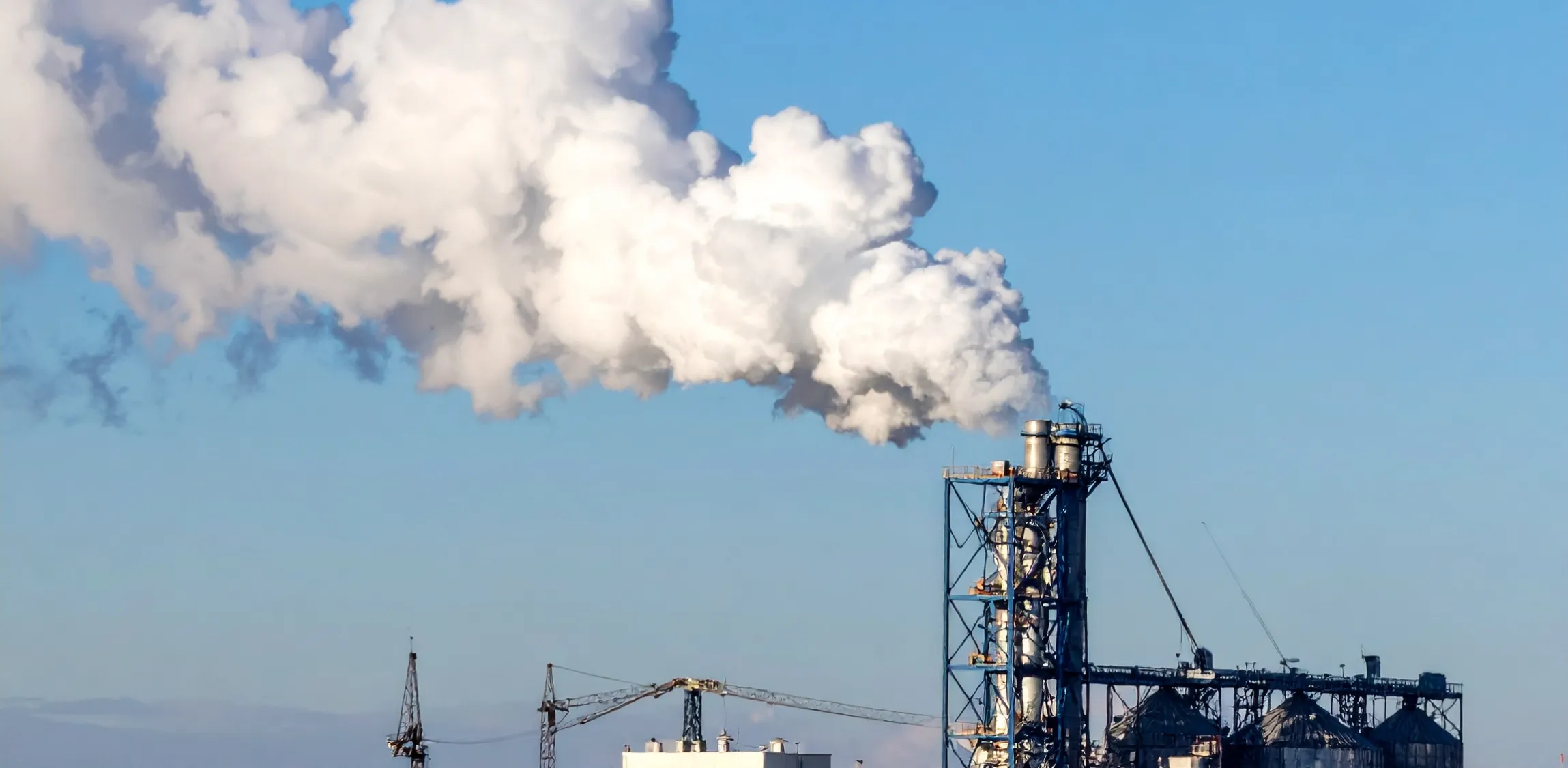Blog
Climate and responsibility: What the International Court of Justice’s decision means for states … and businesses.
31 July 2025

31 July 2025

On July 23, 2025, the International Court of Justice (ICJ) issued a landmark advisory opinion on state responsibility when it comes to climate change. This decision, while not legally binding, redefines international environmental obligations and will have profound repercussions for both public policy and industrial practices.
The ICJ affirms that:
In short, states can no longer hide behind their relative share of emissions or their level of development. They must show that they are taking all reasonable steps to mitigate their climate impact.
Even though the order targets states, it will have tangible impacts on businesses:
The ICJ’s opinion sends a strong message: international law is now clearly aligned with climate science. Waiting for obligations to become binding means running the risk of sanctions, lost markets and reputational damage.
Conversely, companies that take the lead can not only protect themselves against these risks but also position themselves as leaders of the transition. And this is a clear competitive advantage in a rapidly changing world.

10 February 2025
In an economic context marked by unprecedented pressures, Québec businesses must redouble their efforts to remain competitive. Between the threat of increased export tariffs, trade tensions and the anticipated increase in the cost of electricity or natural gas, it is becoming essential to optimise every available resource. One of the most powerful levers to address these challenges is investment in energy productivity.

23 August 2025
Alors que le Canada intensifie ses efforts pour atteindre ses objectifs climatiques, une technologie reste encore sous-utilisée mais essentielle : la pompe à chaleur industrielle. Capable de remplacer les chaudières à gaz ou à mazout dans les procédés industriels, les grands bâtiments et les réseaux de chauffage urbain, elle représente une solution efficace, durable et parfaitement adaptée aux réalités canadiennes.

3 April 2024
ATIS Énergie is celebrating 20 years at the forefront of the fight against climate change. To mark this anniversary, we're taking a look at how the field has changed over the past two decades. We believe that protecting the environment through energy management is more important than ever—for us and for future generations.